The HubSpot Blog’s AI Trends for Marketers Report [key findings from 1,000+ marketing pros]
With 66% of marketers globally using artificial intelligence in their roles, it's no longer a matter of if you should use AI but how. How are other marketers (and your competition) using AI? How can you use AI ethically?
![The HubSpot Blog’s AI Trends for Marketers Report [key findings from 1,000+ marketing pros]](https://www.hubspot.com/hubfs/state-of-AI-1-20240626-53394.webp)
With 66% of marketers globally using artificial intelligence in their roles, it's no longer a matter of if you should use AI but how. How are other marketers (and your competition) using AI? How can you use AI ethically?
To understand AI in marketing in 2025, we surveyed over 1,000 marketing and advertising professionals worldwide.
Our findings will help us decipher AI trends, find the current most common use cases for AI, and learn how to navigate the technology as new laws and guardrails address its usage.
Table of Contents
- Key Findings: The Current State of AI
- Now that AI is the norm, are there regulations on the use of AI in marketing?
- General Attitudes Towards AI
- How Marketers Are Using AI at Work
- The Future of AI for Marketers
Key Findings: The Current State of AI
1. AI is no longer an experiment — it's integral to marketing workflows.
When AI first began gaining traction, we often encouraged marketers to experiment with AI and see if/how they can adopt it into their workflow.
Well, the days of just experimentation are over, and while the robots aren't taking our jobs, they are now embedded in our workflows.
Here are the facts:
- 91% of marketing leaders say employees/teams at their organization use AI to assist them in their jobs.
- 82% of marketers say either they or their company invested in automation tools for employees to leverage in their roles.
- 66% report that their organization builds internal AI tools specifically for marketing teams.
As you can see from these stats, marketers have fully embraced AI as an assistive tool. So, if you're still not embracing AI within your organization, best believe your competition likely is.
%20(1).jpg?width=453&height=453&name=Copy%20of%20Instagram%20Post%20-%2011%20-%20Pie%20Graph%20-%20Dark%20(2)%20(1).jpg)
2. Though AI has become commonplace in marketing, barriers still keep more marketers from adopting new AI tools.
While AI has become crucial and normalized in marketing, many marketers are still hesitant to integrate new AI tools into their workflows. Here are the Top 3 concerns I've pulled from our survey:
- Data Privacy — The majority of marketers in our survey (42%) say data privacy concerns have prevented their team from adopting new AI tools in the past year.
- Training and Time Investment — 39% of marketers said investing in time and training on new AI tools created a barrier against adopting them.
- Too Many Similar Tools — 35% of marketers say there are too many AI tools that all do the same thing but don't connect to one another, creating more complications when adopting new ones into their workflow.
%20(1).jpg?width=612&height=408&name=Copy%20of%20Linkedin%20-%201104x736%20-%20Horizontal%20Bar%20Graph%20-%20Dark%20(14)%20(1).jpg)
3. AI is not taking our jobs.
While I understand marketers worry about their job security in the age of AI, our latest data shows that 65% of marketers champion using AI as an assistive tool while encouraging others not to become overly reliant on it. Why? Because AI is evolving, but it isn’t perfect.
AI-related challenges, like inconsistencies and bias, still exist today.
We haven’t lost the power of the human touch.
Right now, most industry professionals are using AI to support job functions, not replace them entirely. So, you can go ahead and exhale.
Now that AI is the norm, are there regulations on the use of AI in marketing?
In the United States? No. Currently, no comprehensive federal legislation or regulations address the use or development of AI in the U.S.; however, other countries and regions have restrictions and stipulations.
For example, the European Union passed the AI Act, which enforces strict rules on AI transparency, bias, and high-risk applications, such as algorithms. In China, companies must register AI models with the government.
For multinational companies, these regulations mean that AI marketing practices that work in the U.S. could be banned in other regions, thus locking them out of major global markets.
So, if you‘re a strictly U.S.-based company, you don’t have much to worry about, right? Not exactly. While there aren't any set AI laws to adhere to, many consumers are divided in their feelings toward how companies use AI.
For instance, Coca-Cola faced harsh backlash from consumers who called the company's AI Christmas 2024 ad a “creepy dystopian nightmare.”
Audiences were turned off by the ad's choppy appearance and criticized the ethics (or lack thereof) of using AI instead of working solely with artists and animators.
Consumers also worry about how personal data is used in AI training and the chances of a data breach that jeopardizes their privacy.
So, how can marketers address these concerns? The key is to be transparent. Let your consumers know if and how AI is being used in your marketing strategy, whether it's in content creation, data gathering, or communication.
For example, many media outlets include a note at the start or end of their blog posts clarifying that the post was created entirely or with the help of AI.
General Attitudes Towards AI
The Marketer’s Perspective
I mentioned earlier that most marketing pros believe in AI's benefits but don’t want to rely on it 100%.
They believe AI supports two core personal areas: time and productivity.
We found that 79% of marketers agree that AI and automation tools can help them spend less time on manual tasks, and 73% agree that they can spend more time on the most important parts of their role.
66% of marketers say AI and automation tools can help them spend more time on the creative aspects of their jobs.
You know what that means? Less busy work and more time for big thinking. I’d consider that a win.
And if you want to see for yourself how AI can boost productivity and save time, experiment with tools like Breeze Copilot, which uses generative AI and CRM data to elevate work and execute tasks quickly.

The Organizational Perspective
At the organizational level, 50% of marketing leaders say their organization at least somewhat supports marketers using AI in their roles, 30% say their organization does not encourage the use of AI, and the remaining 20% say their company has no specific policy regarding AI.
Meanwhile, 75% of leaders whose organizations have invested in AI say that the investment has yielded a positive ROI. Only 4% say the investment returned a negative ROI and roughly 20% report neither a positive nor a negative ROI.
In addition to productivity, marketing leaders believe AI has had the most impact on making employees more effective at their jobs and helping them make data-driven decisions.
How Marketers Are Using AI at Work
As I said at the beginning, most marketing professionals in our survey report using AI in their current role. Let’s see what they’re using and where they’re seeing the most ROI.
Most Popular AI Tools for Marketers
Image and design generators like DALL-E and Synthesia are the top choice for 40% of marketers. Chatbot tools like ChatGPT, Google Gemini, and Copilot are second, with 39% of marketers using them.
Finally, in third place are SmartAI video or audio editing AI tools, such as ones with automatic editing features or AI light, noise, voice, and/or color correction.
ROI of AI-Powered Marketing Channels
As a blogger, it surprised me that email was the #1 channel that marketers are using AI to create for. But as a blogger, I’m also probably biased.
The majority (50.77%) use AI for email marketing and other newsletter platforms. This percentage is just a hair above the 50% who use AI text-based social media.
In third place, 47% of marketers use AI to create blog posts, articles, and other long-form content.
For all of these channels, they’re seeing a worthwhile ROI:
- Email: 63% are seeing at least a somewhat positive ROI.
- Social Media: 67% are seeing at least a somewhat positive ROI.
- Blog/Long-Form: 68% are seeing at least a somewhat positive ROI.
Generative AI and Marketing
Content Creation
The most common task that marketers are using generative AI for is text-based content creation (52%), such as blogs, eBooks, and marketing email copy. For marketers who use GenAI to create content, here’s what they’re doing with it:
- 53% are using it for content quality assurance, such as spellcheck, accessibility review, or writing recommendations.
- 50% are writing copy for marketing content like blogs and emails.
- 48% creating images for marketing content with AI art tools.
However, AI isn’t the full answer to content creation. Only 4% of marketers are using AI to write entire pieces of content for them. The vast majority are using it for inspiration or to give them an outline and a few paragraphs to build on.
And 46% are only somewhat confident that they would know if the information GenAI produces is inaccurate.
Additional GenAI Use Cases
48% of marketers use generative AI to conduct various research, such as market research, finding datasets, and summarizing articles.
Automating direct brand messaging or conversational marketing. (DMs, conversational emails, SMS)
GenAI is also useful for branded communication, with 41% of marketers using it to automate direct brand messaging and conversational marketing.
For all of these use cases, the majority of marketing professionals say AI is very effective, and they’re saving an average of one to two hours in their work day as a result.
The Future of AI for Marketers
We don’t have a crystal ball, but we do have the top AI predictions from over a thousand marketing professionals.
Here’s what marketers are saying about the future of AI:
- 65% of marketing leaders say their team plans to increase their investment in AI and automation tools over the course of 2025.
- 65% of marketing directors believe that most software they use will have AI or automation capabilities built in by 2030.
- 67% of marketers agree that by 2030, most people will use a generative AI tool like ChatGPT to assist them in their jobs.
- 67% of marketers believe that AI will significantly impact how they (and other marketers) do their jobs in 2025.
As the AI landscape changes, we’ll keep tabs on how it evolves and how it’s being used in the workplace.
Keep an eye out for more insights that will allow you to use AI to unleash your human potential — and leave the busy work to the robots.
![]()

























![Brand and SEO Sitting on a Tree: K-I-S-S-I-N-G [Mozcon 2025 Speaker Series]](https://moz.com/images/blog/banners/Mozcon2025_SpeakerBlogHeader_1180x400_LidiaInfante_London.png?auto=compress,format&fit=crop&dm=1749465874&s=56275e60eb1f4363767c42d318c4ef4a#)

![How To Launch, Grow, and Scale a Community That Supports Your Brand [MozCon 2025 Speaker Series]](https://moz.com/images/blog/banners/Mozcon2025_SpeakerBlogHeader_1180x400_Areej-abuali_London.png?auto=compress,format&fit=crop&dm=1747732165&s=beb7825c980a8c74f9a756ec91c8d68b#)
![Clicks Don’t Pay the Bills: Use This Audit Framework To Prove Content Revenue [Mozcon 2025 Speaker Series]](https://moz.com/images/blog/banners/Mozcon2025_SpeakerBlogHeader_1180x400_Hellen_London.png?auto=compress,format&fit=crop&dm=1747758249&s=9f3c5b1b7421f862beace1cb513053bb#)
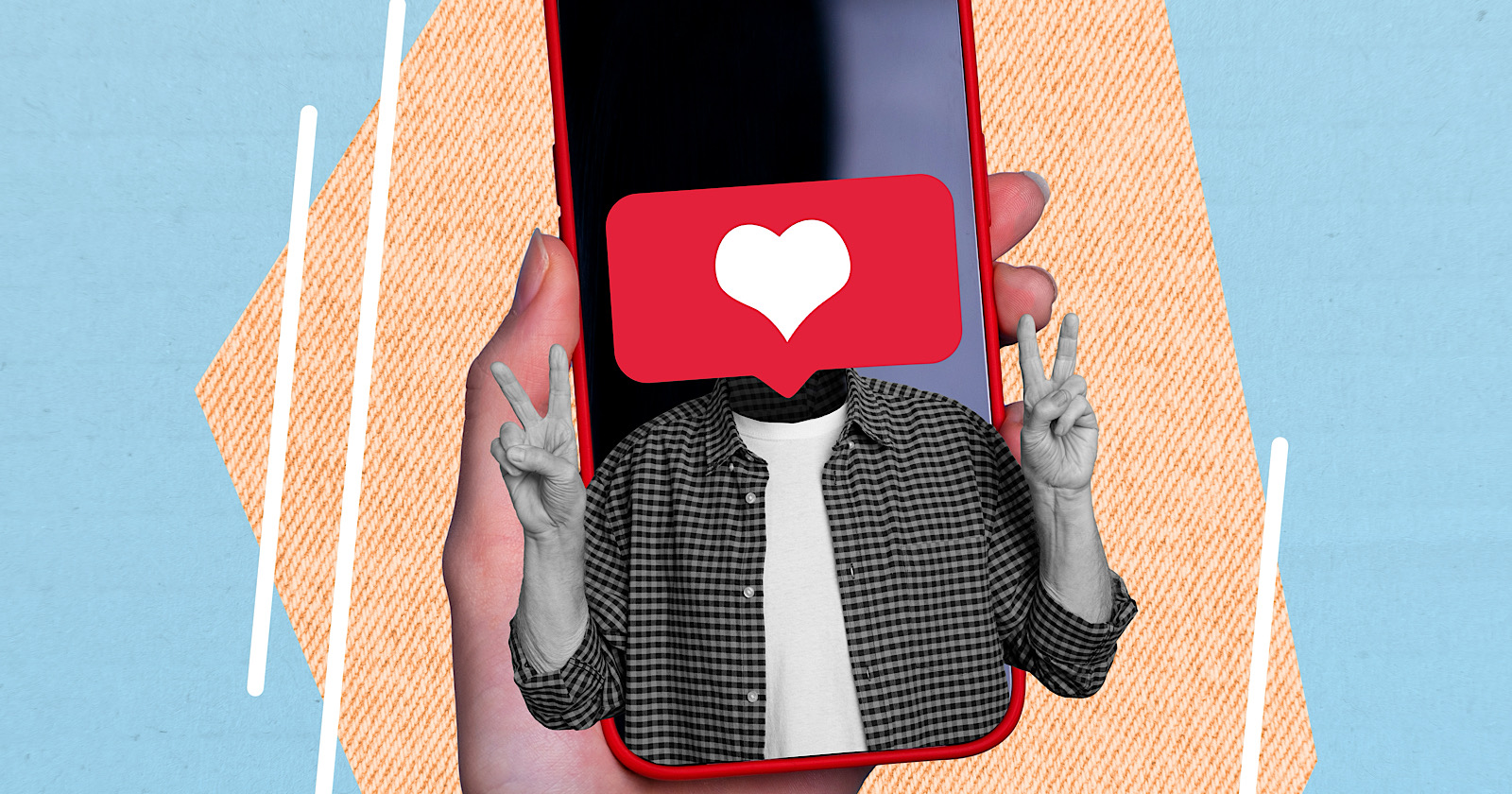
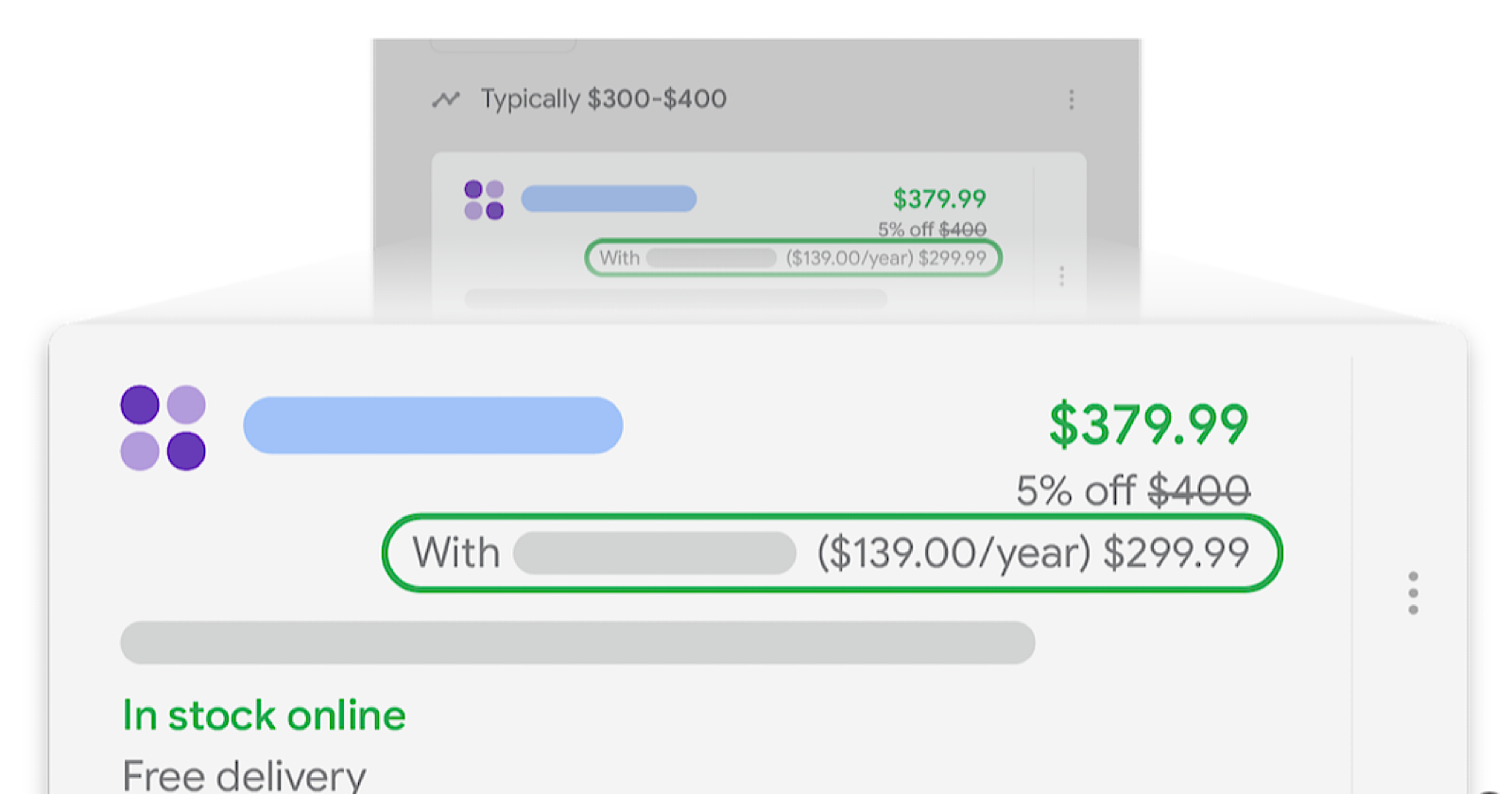





















![The 11 Best Landing Page Builder Software Tools [2025]](https://www.growthmarketingpro.com/wp-content/uploads/2024/04/best-landing-page-software-hero-image-1024x618.png?#)


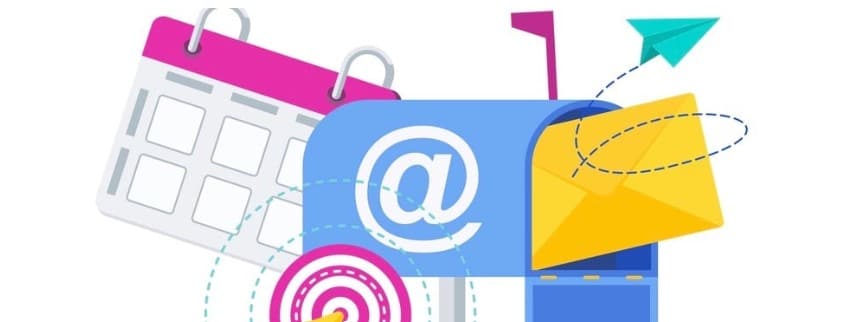
































![How To Build AI Tools To Automate Your SEO Workflows [MozCon 2025 Speaker Series]](https://moz.com/images/blog/banners/Mozcon2025_SpeakerBlogHeader_1180x400_Andrew_London-1.png?auto=compress,format&fit=crop&dm=1749642474&s=7897686f91f4e22a1f5191ea07414026#)
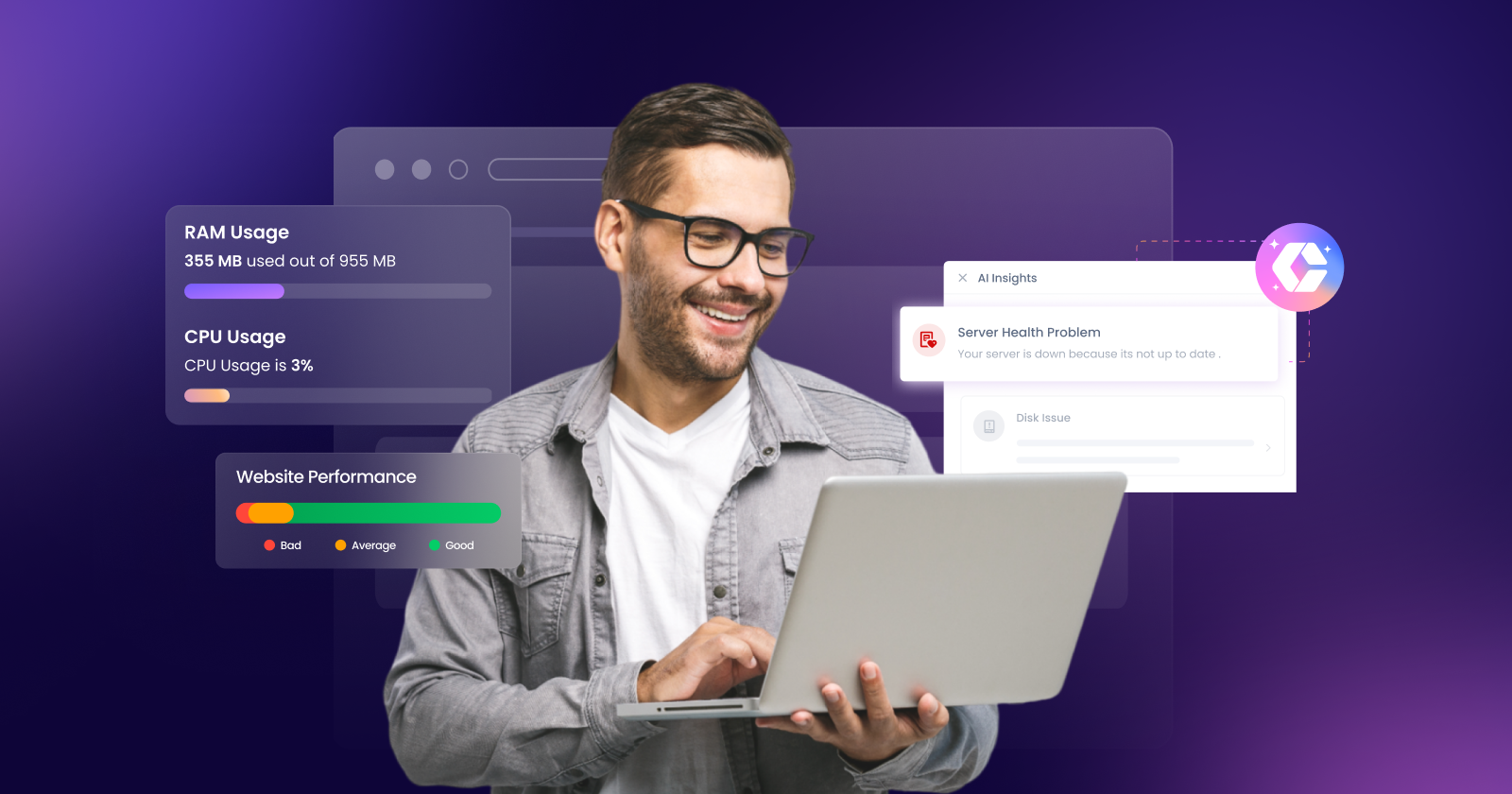



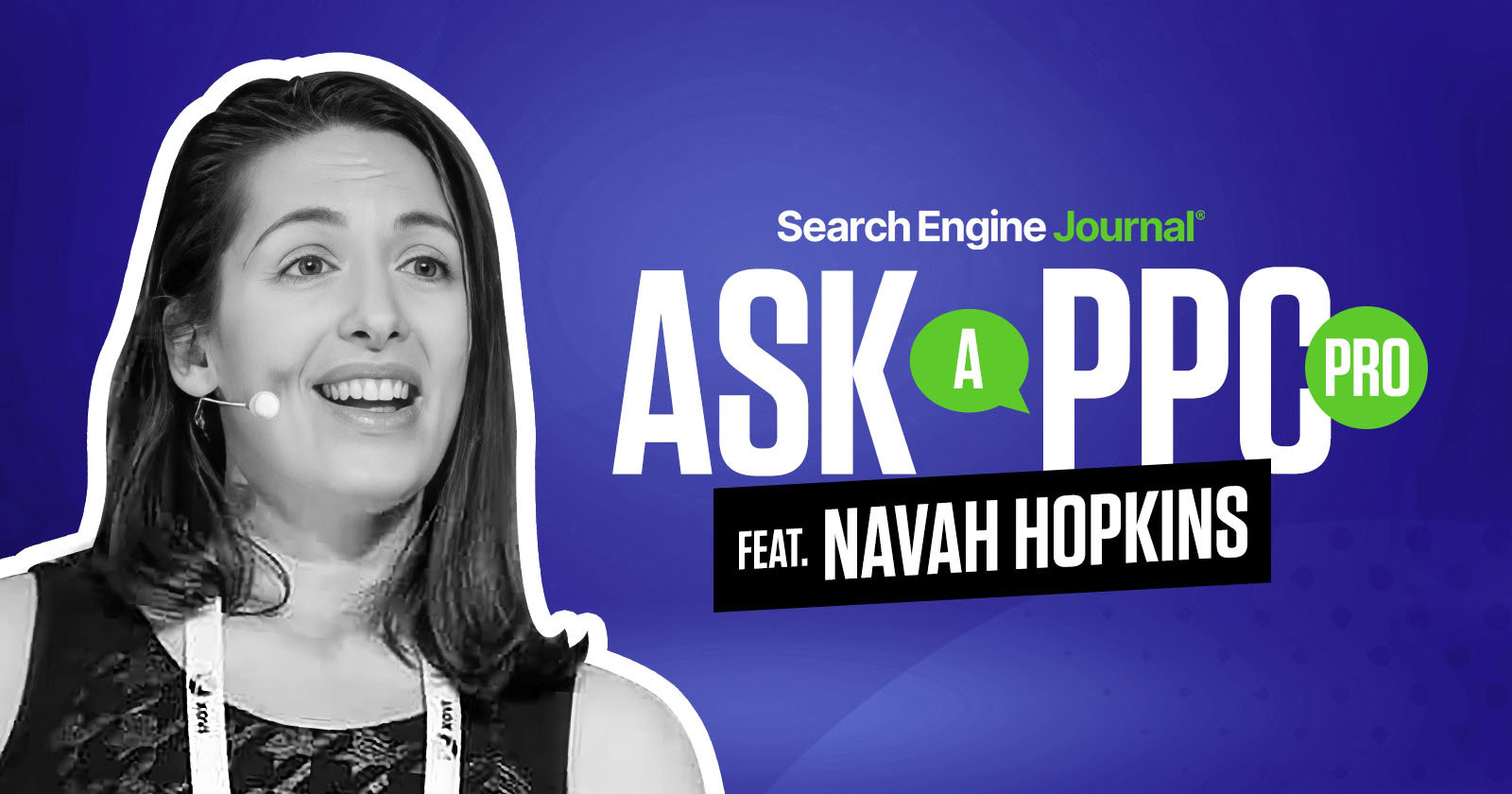






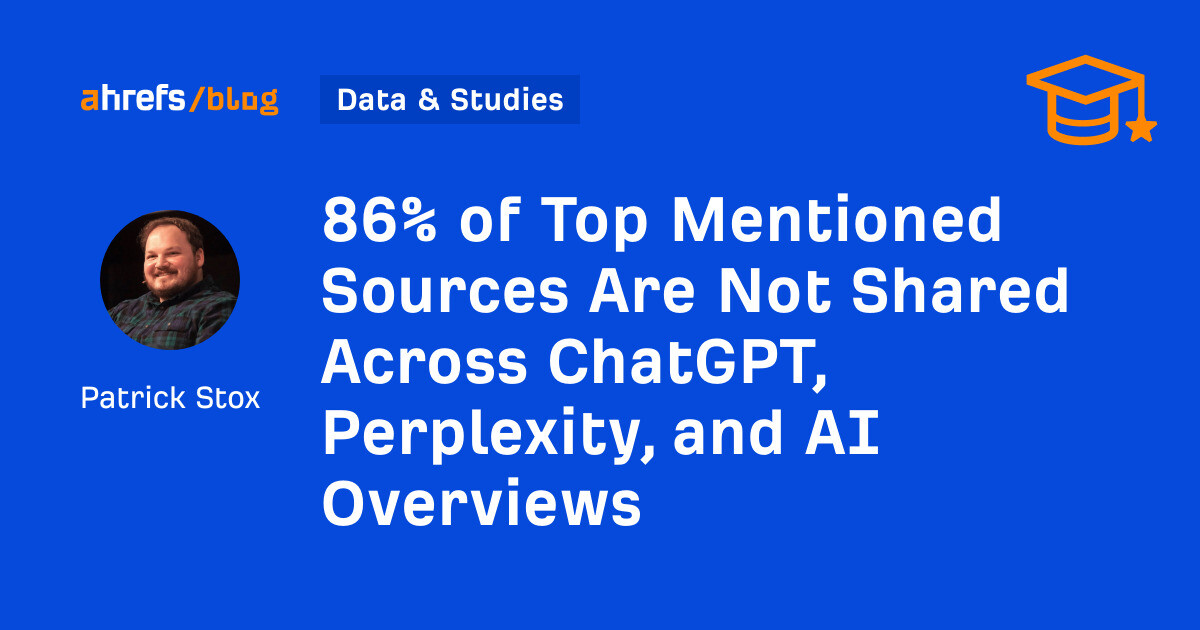
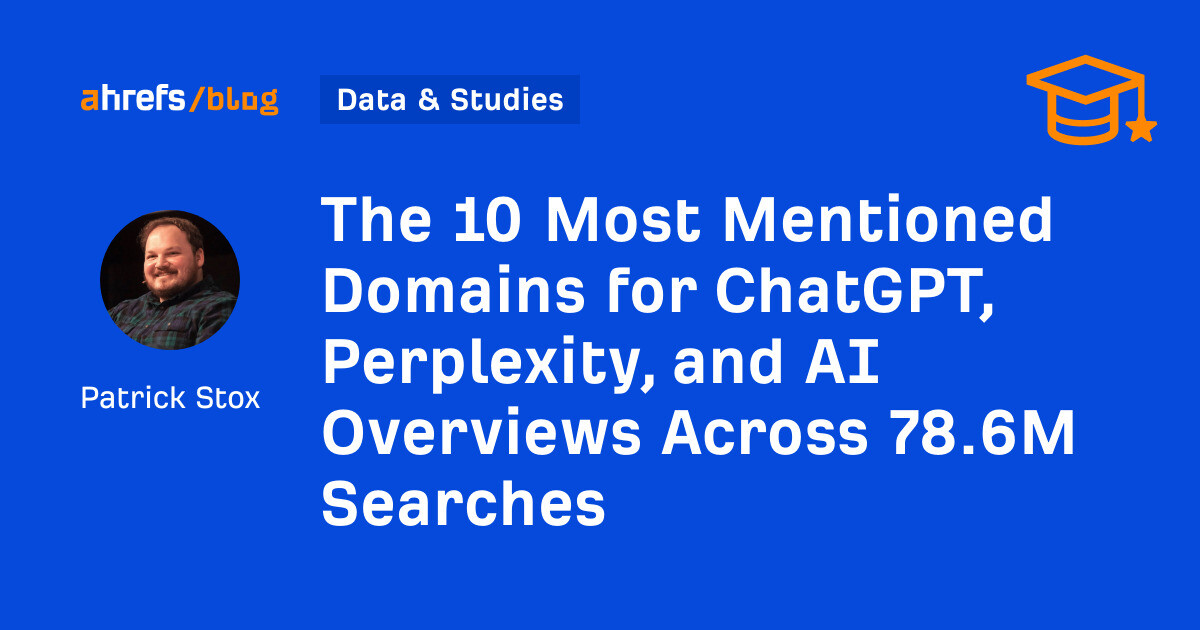
![Marketers Using AI Publish 42% More Content [+ New Research Report]](https://ahrefs.com/blog/wp-content/uploads/2025/06/marketers-using-ai-publish-42-more-by-ryan-law-data-studies-1.jpg)

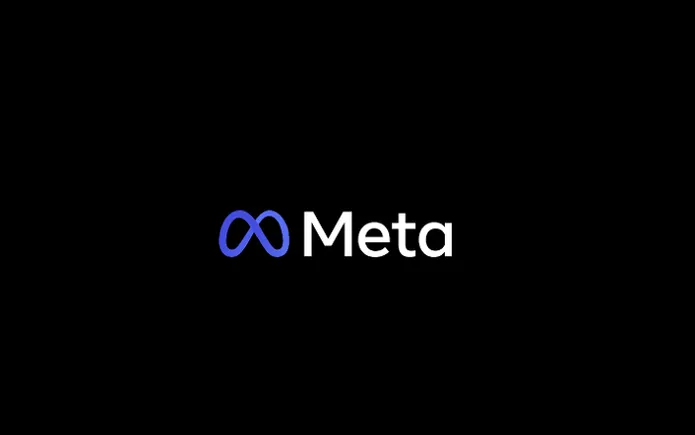
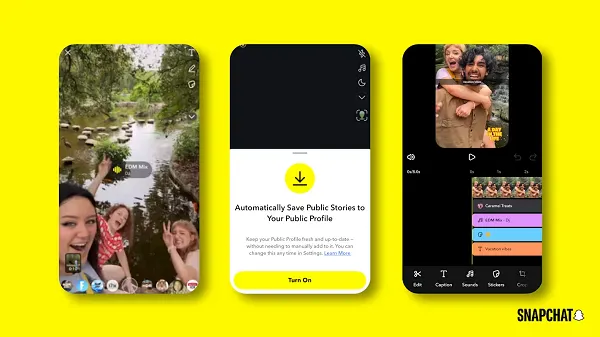

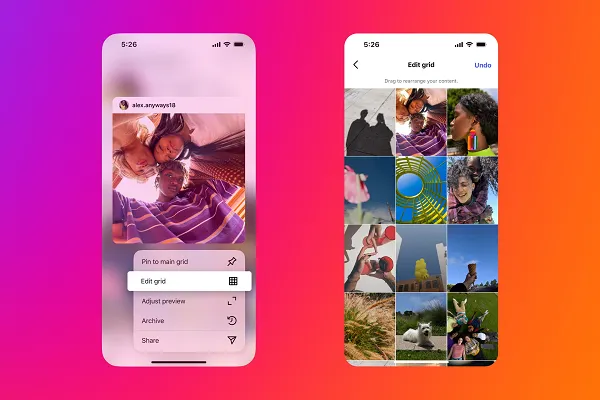










![Social media image sizes for all networks [June 2025]](https://blog.hootsuite.com/wp-content/uploads/2023/01/Social-Media-Image-Sizes-2023.png)


![AI can boost conversions from your web page — HubSpot’s CMO shows you how [tutorial]](https://knowledge.hubspot.com/hubfs/ai-1-20250605-395473.webp)
![The state of inclusive marketing in 2025 [new data + expert insight]](https://www.hubspot.com/hubfs/inclusive-marketing-report.webp)












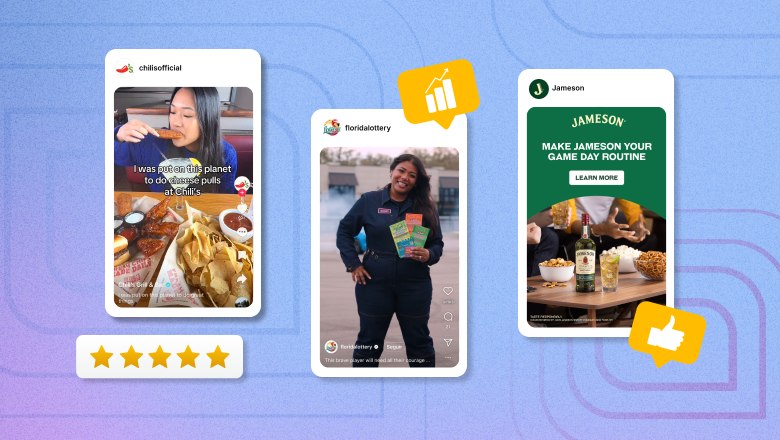
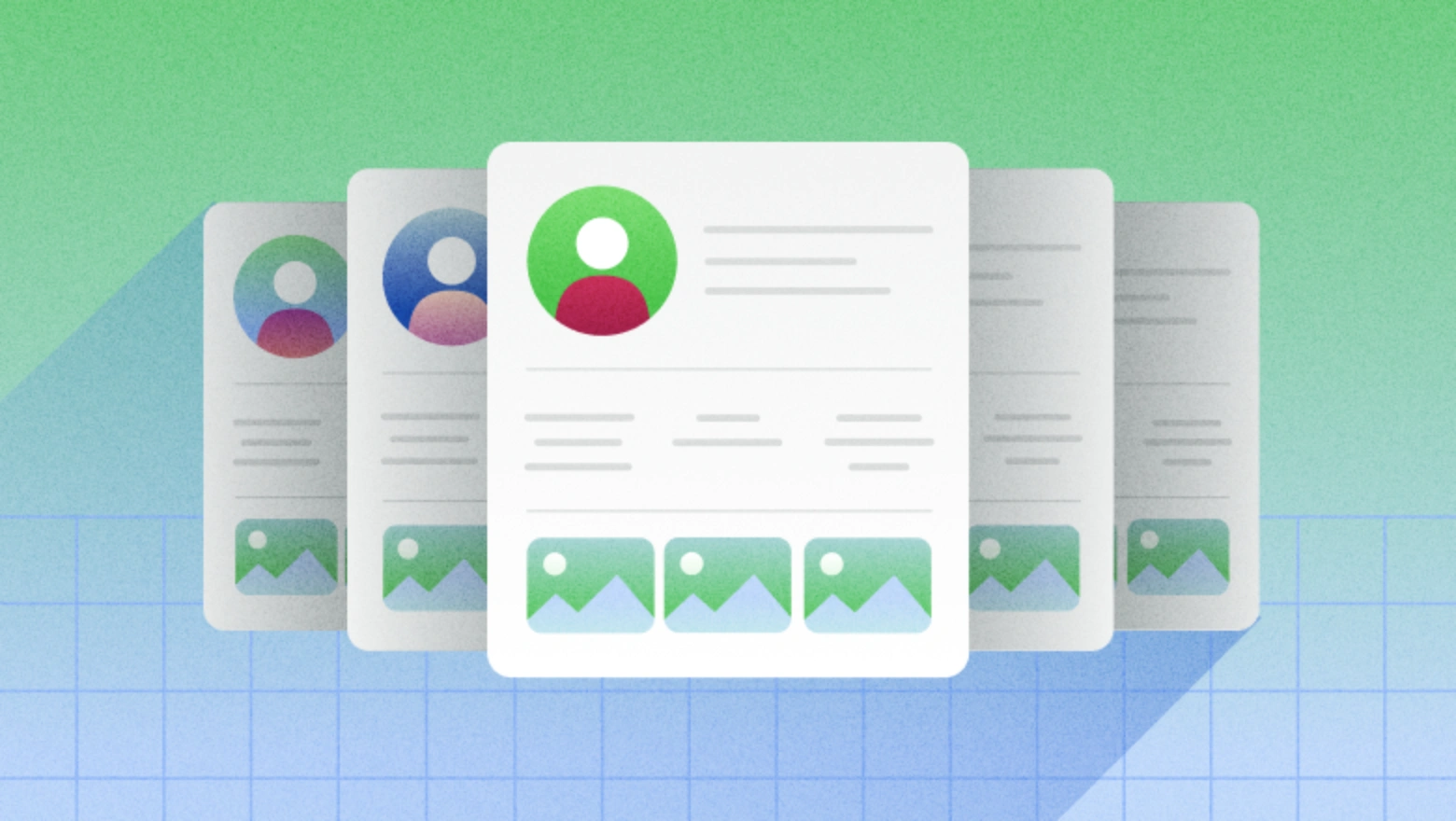
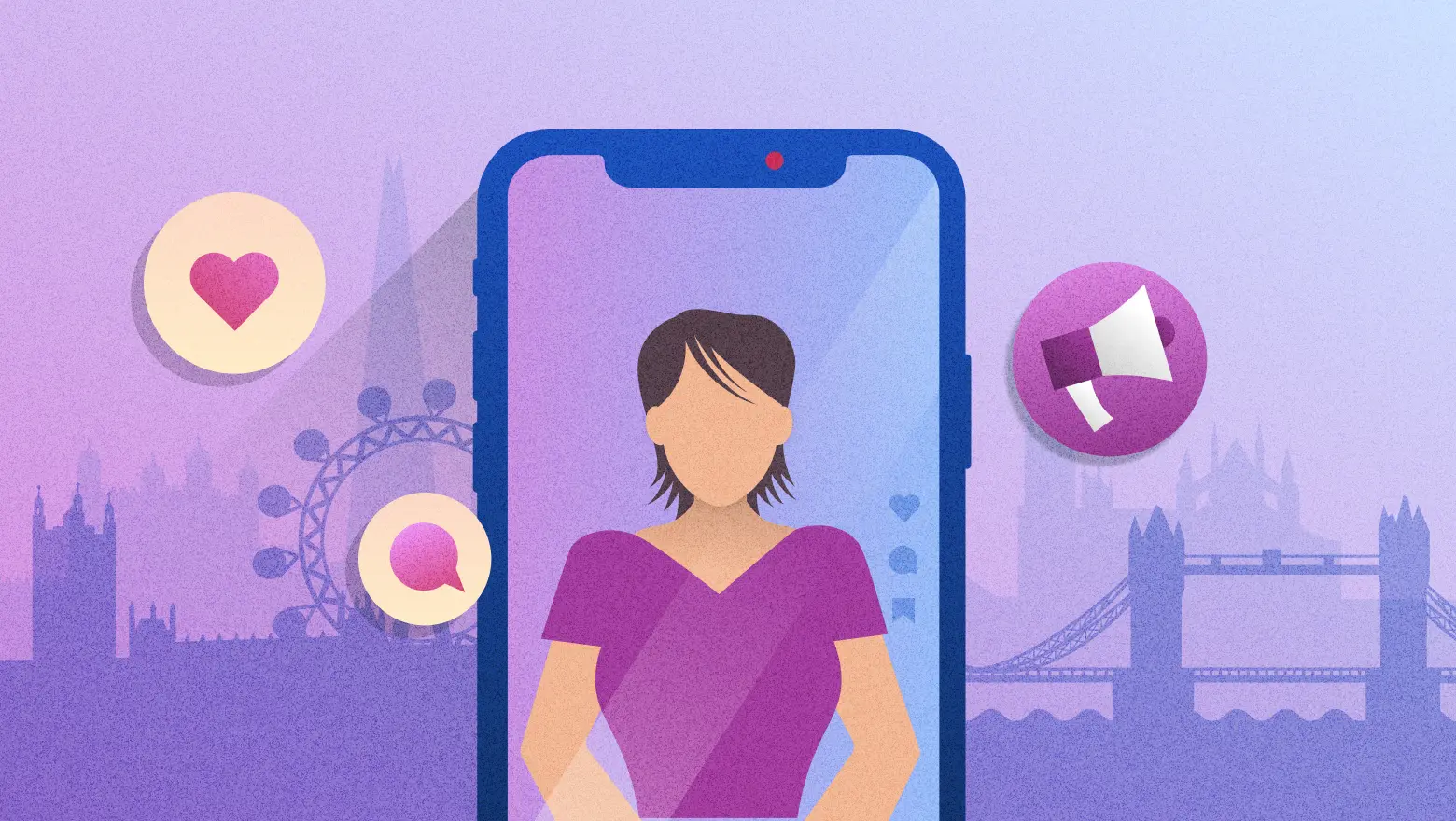
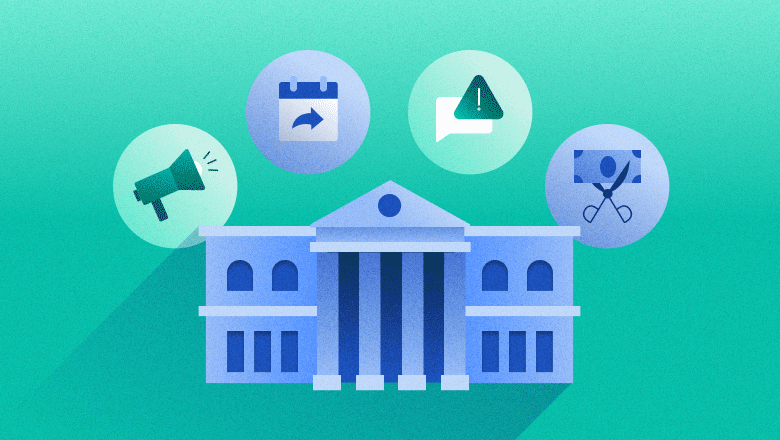

![Download Now: The Annual State of Artificial Intelligence in 2024 [Free Report]](https://no-cache.hubspot.com/cta/default/53/b72f2b25-8cc9-4642-9a1b-1e675d3d273b.png)
.jpg?width=506&height=253&name=Copy%20of%20Twitter%20Post%20-%20506x253%20-%20Percentage%20-%20Light%20(4).jpg)
.jpg?width=483&height=483&name=Copy%20of%20Instagram%20Post%20-%2011%20-%20Pie%20Graph%20-%20Dark%20(4).jpg)

![How to create an infographic in PowerPoint [free templates]](https://www.hubspot.com/hubfs/Untitled%20design%20%2885%29-2.png)
![The most effective types of content on social media in 2025 [new data]](https://www.hubspot.com/hubfs/Copy%20of%20Featured%20Image%20Template%20Backgrounds%20%2816%29.png)